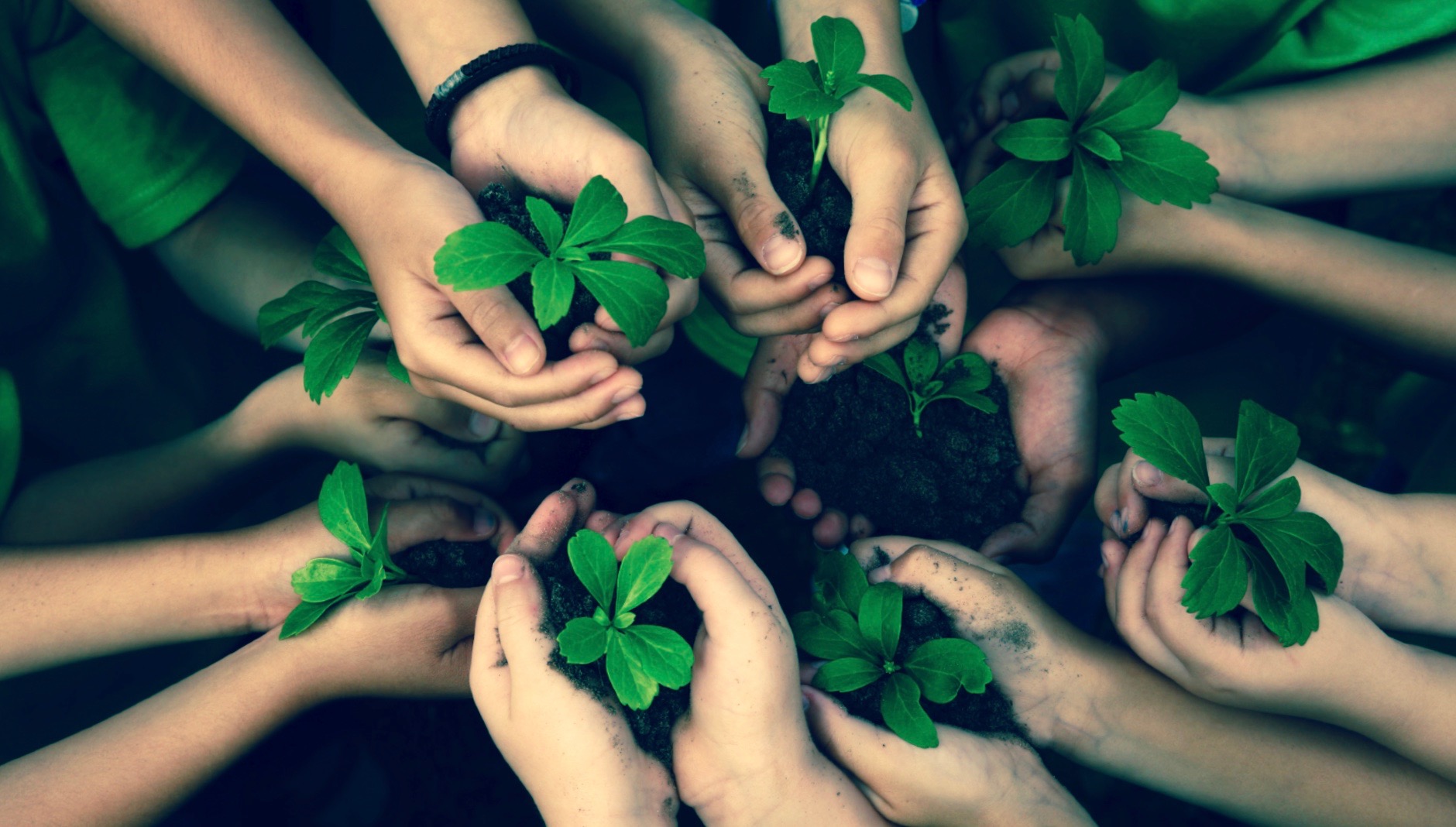Soil pollutants, substances that contaminate soil and degrade its quality, directly impact several Sustainable Development Goals (SDGs). They primarily affect SDG 15 (Life on Land) by disrupting the soil's ecosystem, thereby threatening biodiversity. Soil pollutants also impede SDG 2 (Zero Hunger) by hampering agricultural productivity and food quality. They influence SDG 3 (Good Health and Well-being), as certain pollutants can enter the food chain or leach into groundwater, posing health risks to humans. Furthermore, effective management of soil pollutants contributes to SDG 12 (Responsible Consumption and Production) by promoting sustainable use of terrestrial resources. Therefore, addressing soil pollution is essential for sustainable development.
World Soil Day 2026
Soil, often overlooked, is one of nature's most incredible assets. A single handful contains more microorganisms than there are humans on Earth. This diverse ecosystem under our feet supports life in myriad ways, from growing the food we eat to acting as a natural filtration system. World Soil Day, observed every December 5th, is a global call to recognize the indispensable role of soil in our lives and the urgent need to protect it.
The Indispensable Role of Soil
Fahmeeda Kausar, Ahmad Reza Bagheri, Tahir Rasheed, Muhammad Bilal, Komal Rizwan, Tuan Anh Nguyen, Hafiz M.N. Iqbal,
The pollution of the marine environment by solid wastes, either directly introduced into the sea or discharged into the oceans from rivers or pipelines, is considered from the perspective of both their impacts and their regulation. The waste materials covered include dredged material, particulate wastes from sand/gravel extraction, and land reclamation, and industrial wastes including mining wastes, munitions, and plastics/litter.


